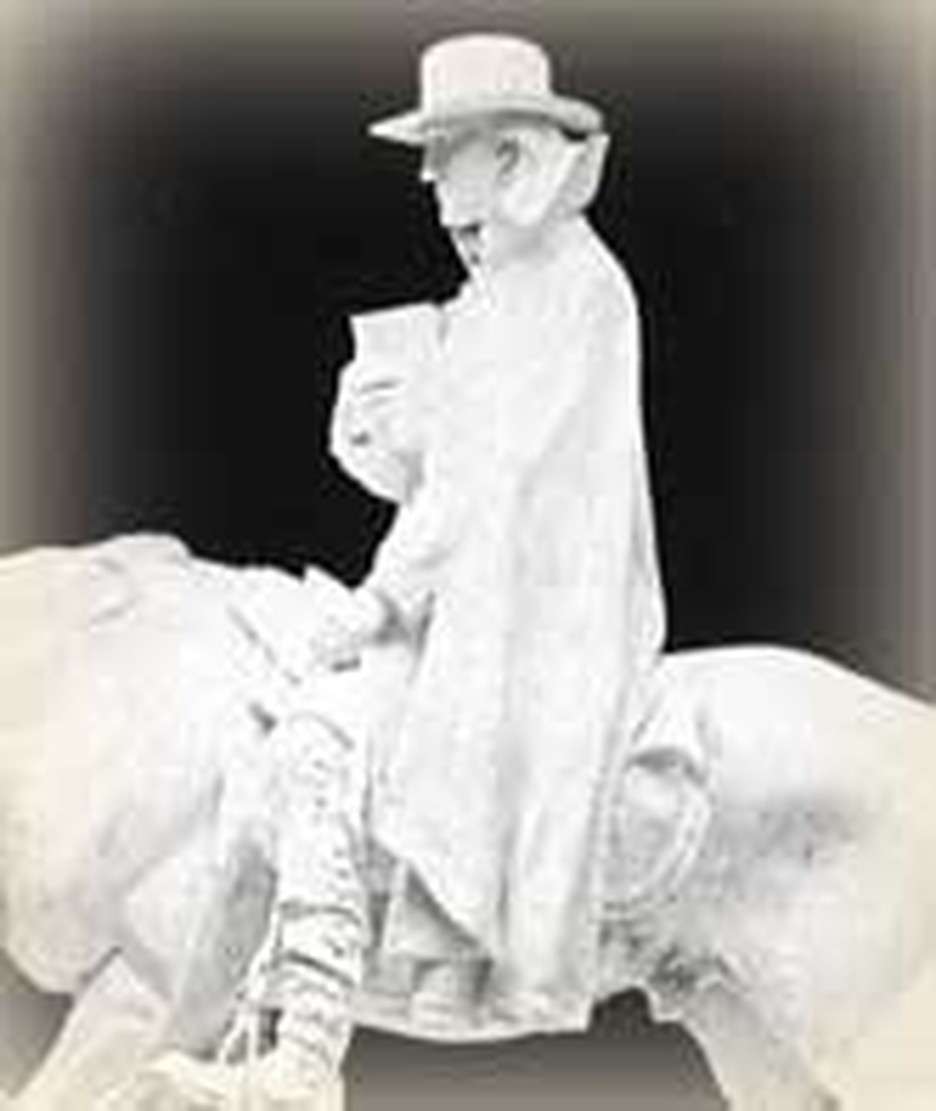
Francis Asbury was converted at 15 in his father's barn. Reared in a Christian home, he had been raised staunchly Church of England. But, as with so many others, it took the Methodist revivals to capture his soul. From the instant that he was converted he saw the marks of salvation in himself. He was "...happy, free from guilt and fear, had power over sin, and felt great inward joy." His conversion also led him to read the scriptures, pray and to reach out to others. He began meetings with other young men and taught them the way.
At the time of his conversion, Asbury had settled into work as a saddler. His family was very poor and he had even had to take work at age 11 in order to support himself. Now he was not content merely to exercise his hands, however skillfully, but walked a considerable distance to exercise his soul at an evangelical church where revivalists spoke. He became a Methodist helper and exhorted where he could, even when he was persecuted. At 17 he was licensed by the Methodists as a local preacher. As soon as he turned 21, he gave up his saddler's work and devoted himself to preaching.
Like John Wesley, Asbury worked out a system to use his time to the best advantage and develop steady habits. In short, he became methodical, and this blessed his work in later years. Teaching himself, he corrected serious deficiencies in his education. At four each morning he rose to read and study for two hours. Ten hours of each sixteen that he was awake he gave to reading and study. For instance, at one point he gave an hour each day to studying the Old Testament in Hebrew, a language he taught himself. In America he carried books in his saddle bags and read as he rode. He made it a rule to read at least 100 pages a day.
One August the young man, then 26 years old, attended a Methodist Conference held in Bristol. For months he had felt the American need. On this day, August 7, 1771, when Wesley said, "Our brethren in America call aloud for help. Who are willing to go over and help them?" Asbury offered himself. Several other candidates also stepped forth, but Wesley sensed that Asbury was the man for the job.
Wesley's choice was vindicated. No man could have labored harder than Asbury. He came to small, widely scattered congregations. To meet their needs he rode incessantly--5,000 miles a year. He preached 17,000 sermons, ordained 3,000 preachers, founded five schools and distributed thousands of pieces of literature. His organizational skills divided America into circuits and his circuit riders learned the hard life from him. Many, such as Peter Cartwright, became famous in their own right. At Asbury's death the Methodist Episcopal Church was the largest denomination in the United States. So hard did Asbury work that his health often suffered. But in him Christ once again showed what he could do with a single dedicated life.
Bibliography:
- Asbury, Francis. The Heart of Asbury's Journal. New York: Eaton & Mains, 1904.
- Asbury, Herbert. A Methodist saint; the life of Bishop Asbury. New York: Knopf, 1927. [This strange book, partly admiring, partly cynical, seems to have invented some of its "facts"]
- Christian History, Vol. XIV No. 1
- DuBose, Horace M. Francis Asbury.
- Eerdman's Handbook to the History of Christianity. Editor Tim Dowley. Berkhamsted, Herts, England: Lion Publishing, 1977.
- Nygaard, Norman Eugene. Bishop on Horseback: the story of Francis Asbury. Grand Rapids, Michigan: Zondervan, 1962.
- Latourette, Kenneth Scott. A History of the Expansion of Christianity. Grand Rapids, Michigan: Zondervan.
- Various encyclopedia articles.
Last updated April, 2007.


